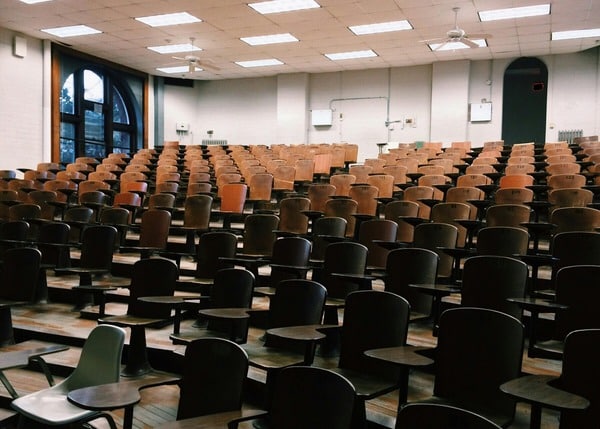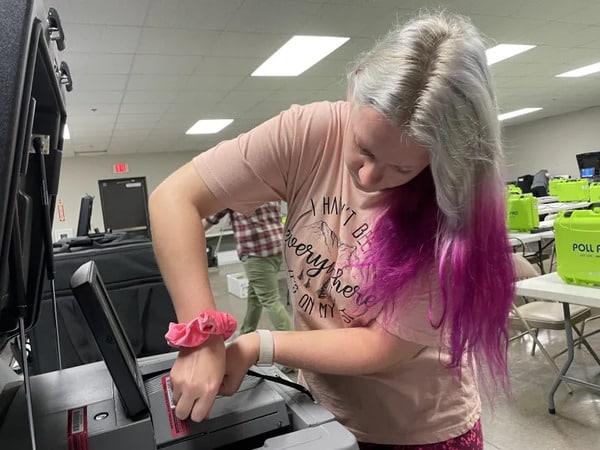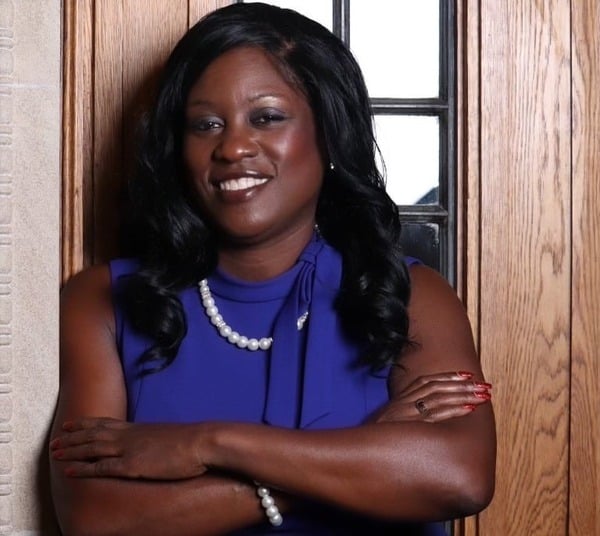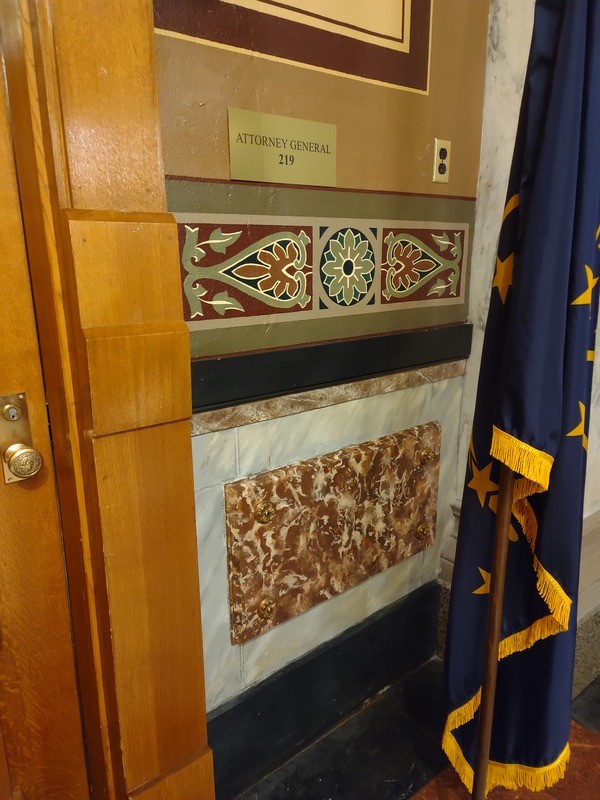Recent polling by Bellwether Research reveals Indiana Republicans’ preferences when it comes to their party’s nominee for U.S. senator, governor and president—as well as the most important issues to Hoosiers.
The poll was conducted with 1,000 registered voters in Indiana, but the GOP primary questions were asked of only “self-reported likely GOP primary voters”—of which there were 457.
The Republican nominee for the 2024 U.S. Senate seat might be former governor and Purdue University President Mitch Daniels’ (above) for the taking, as 32% of likely primary voters tapped him as their choice. Current U.S. Rep. Jim Banks sits at second with 10% of the vote, but it’s still over a year out, and 29% said they were unsure of who’d they vote for.
The other options Bellwether gave were Indiana Attorney General Todd Rokita (7%), Trey Hollingsworth (9%) and Victoria Spartz (7%)—two other U.S. representatives—and “I would like someone else to run” (6%).
Daniels took 30-35 percentage points in every age group except 18-24 year olds—a range that includes voters who might have been in elementary school when Daniels left office. Of those respondents, only 7% chose Daniels.
When Daniels isn’t included as a candidate, Rokita sits atop the list with 16%—Banks follows with 14% and Spartz with 12%—but when Daniels is included, Rokita falls to last in the pecking order, one percentage point better than “someone else.” Also of note, when Daniels isn’t included, 39% said they were unsure.
Current Gov. Eric Holcomb, who is term-limited from running for re-election in 2024, recently said he wasn’t yet going to endorse any candidate to replace him. Hoosiers likely to vote in the GOP primary were also not very revealing, as 49% either didn’t know who’d they vote for (40%) or wanted a different option (9%).
The options were U.S. Sen. Mike Braun (25%), Rokita (9%), Lt. Gov. Suzanne Crouch (7%), Hollingsworth (6%) and former Indiana Economic Development Corporation president Eric Doden (3%).
Among likely GOP primary voters with at least a bachelor’s degree, 31% said Braun and 36% said they were unsure. Those who were not college educated were less likely to pick Braun (22%) and more likely to not know who’d they vote for (43%).
The last person to be the Republican or Democratic Party’s presidential nominee three times was Richard Nixon (1960, 1968 and 1972) and the last one to do it back to back to back was Franklin D. Roosevelt—who won four consecutive elections.
As of now, if Indiana Republicans had their way, Trump would be the next name on that list, as 39% of the likely primary voters picked Trump as the person they want to be the 2024 Republican presidential nominee. Florida Gov. Ron DeSantis followed with 28%, and former Indiana governor and Trump’s vice president, Mike Pence, was third with 13%.
Other candidates included former United Nations ambassador and South Carolina Gov. Nikki Haley (3%), former CIA director and Secretary of State Mike Pompeo (1%), Maryland Gov. Larry Hogan (0%) and Virginia Gov. Glenn Youngkin (0%). Fifteen percent were undecided.
The age group least bullish on Trump was those 65 years or older, with only 28% saying the former president and 36% saying DeSantis—the biggest backing for DeSantis among the age groups.
Education also played a large role in the poll, as those with at least a bachelor’s preferred DeSantis over Trump by 14 percentage points, while those without a college education flipped the other way, picking Trump over DeSantis by 25 percentage points.
The lone policy question—which asked what the Indiana legislature’s “top priority” should be in 2023—was asked of all 1,000 respondents.
Eight options were given, and “lowering health care costs” led with 31%. “Increasing affordable housing options” placed second (21%), followed by “increasing K-12 education funding” (17%) as the only other policy reaching double digits.
Low on the list of priorities was “improving the state’s maternal mortality outcome” (4%) and “restricting access to mail order abortion pills” (3%).
The age groups of 18-24, 25-34 and 35-44 year olds had affordable housing as their top priority, while the older age groups placed health care first.
Those with a bachelor’s degree or higher were less worried about affordable housing than those without a college education.
The Indiana General Assembly’s 2023 session will begin Jan. 9, and Hoosiers will be able to vote for senator, governor and president in the 2024 general election.










